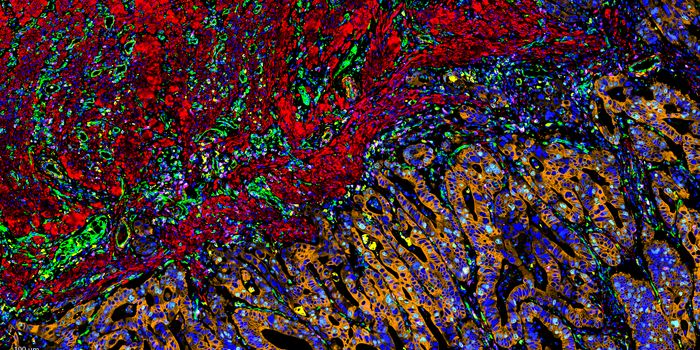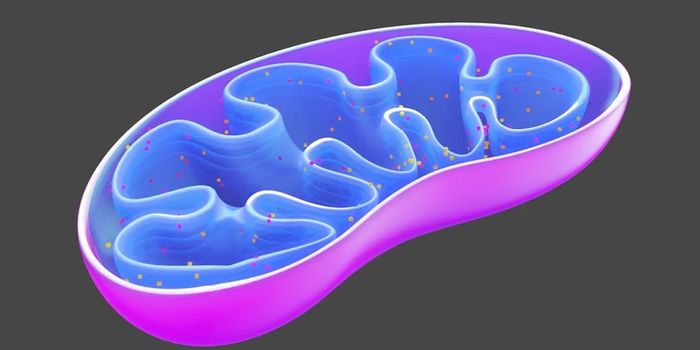Scientists Identify Link Between Zika Virus and Pregnancy Complications
The Zika virus is notorious for its deleterious effects on pregnancy, whether through causing miscarriages or birth defects. Now from the Howard Hughes Medical Institute, scientists uncover exactly what happens in a host infected by the Zika virus that ultimately results in a terminated pregnancy.
On trial in a new Science Immunology study is an interferon receptor responsible for binding two types of interferons, alpha and beta. Interferons are produced by the immune system in response to pathogenic invasions, and they contribute toward triggering an appropriate immune response. The interferon receptor under study is potentially responsible for “deciding” whether or not to end a pregnancy when the host is infected with the Zika virus, but it is also involved in non-Zika pregnancy complications and miscarriages.
"Our work shows how this [interferon] signaling pathway works to terminate pregnancies that are not going to be viable early on,” explained study author Akiko Iwasaki.
The study focused on comparing pregnant female mice who had the interferon receptor and pregnant female mice who did not. Those lacking the interferon receptor had higher virus levels, as expected, but developing fetuses from mice mothers with the receptor did not survive past early pregnancy. Iwasaki and the other researchers suspect that this was due to underdeveloped blood vessels, an “abnormal barrier” between fetus and mother, and cellular stress.
How does the interferon receptor make the difference between life and death for the fetus? Iwasaki says it acts as a “checkpoint,” signaling termination of a pregnancy if it detects interferons - a sign of Zika infection. As opposed to the Zika virus directly impacting the fate of a pregnancy, it is the host’s immune response that ultimately “makes the decision.”
It is unknown if the same process occurs in pregnant women infected with Zika virus.
The same research team did, however, also conduct a study of the impact of interferons on human placenta tissue in the lab. The found that the tissue developed “abnormal knot structures” in response to interferon-beta. Interferon signaling has also been connected to poor pregnancy outcomes in past studies.
In the future, researchers from the present study plan on studying interferon levels at different stages of pregnancy, which could potentially help identify when a pregnant woman is most at risk of her baby developing microcephaly or other Zika-related complications.
The Zika virus is spread by two mosquito species, Aedes aegypti and Aedes albopictus. Infection with Zika virus during pregnancy has been shown in many studies to cause birth defects. An infection with the Zika virus often goes unnoticed, but when those affected do experience symptoms, fever, rash, headache, and muscle pain is common. People usually don’t die from a Zika virus infection.
Sources: Centers for Disease Control and Prevention, Howard Hughes Medical Institute










